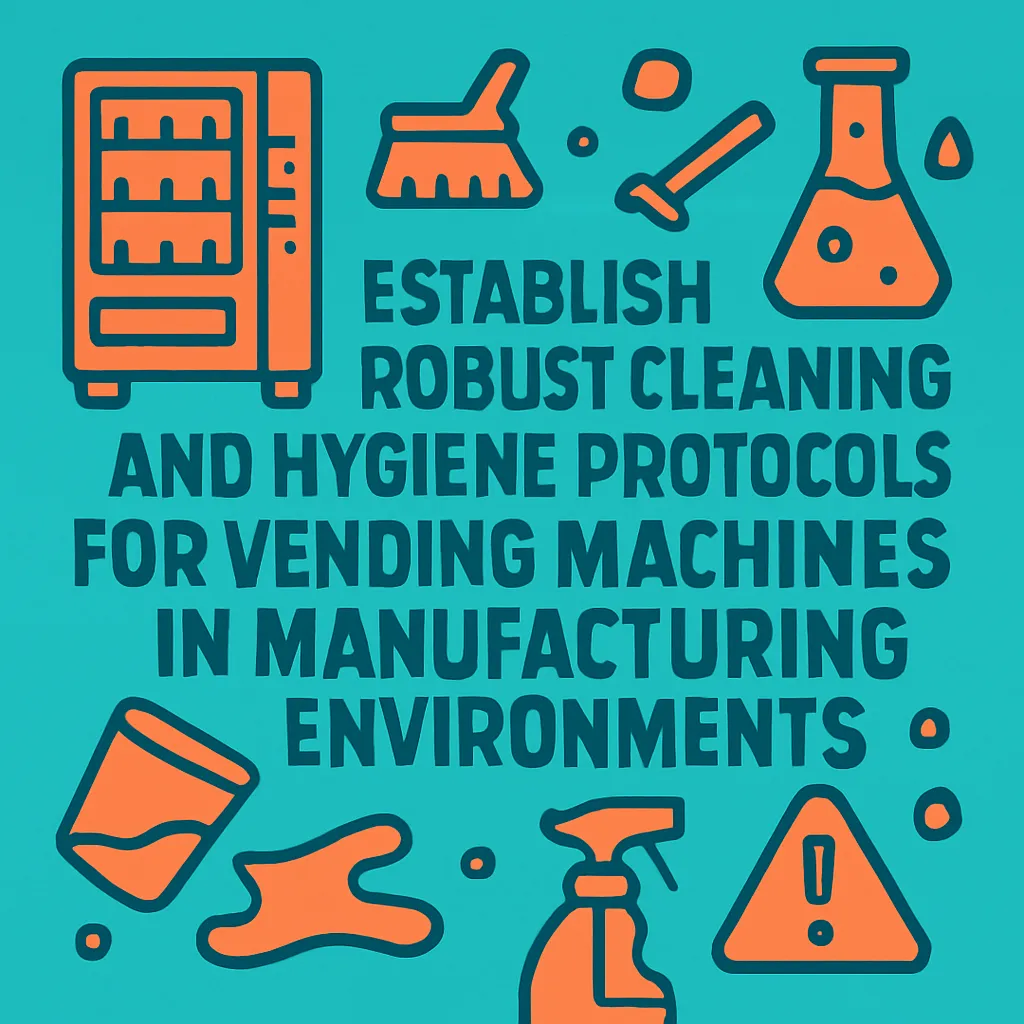In the bustling and often demanding environment of a manufacturing facility, vending machines serve as crucial touchpoints for employee refreshment and morale. However, these settings pose unique challenges for hygiene. From airborne dust and debris to the occasional spill of industrial lubricants or coolants, maintaining pristine conditions for vending machines requires a robust and proactive cleaning protocol. Ensuring that food and beverage options remain safe and appealing is paramount, not only for the well-being of factory workers but also for the operational integrity of the machines themselves.
Understanding Common Factory Contaminants
The types of contaminants found in factories can vary widely depending on the industry. These might include metal particulates in a machining plant, textile fibers in a garment factory, or various chemicals in a processing facility. Even common occurrences like beverage spills or dropped food items can become more problematic when mixed with the industrial grime typically found in these locations. Therefore, cleaning protocols must explicitly address these specific threats, rather than relying on general guidelines. Understanding the specific risks means selecting appropriate cleaning agents and methods that are effective yet safe for machine components and consumers.
Developing Comprehensive Cleaning Schedules and Procedures
A well-defined cleaning schedule is the backbone of effective factory vending machine maintenance. This includes daily surface wipes for high-touch areas like keypads and dispense chutes, alongside more thorough weekly or bi-weekly deep cleans of internal components, drip trays, and air vents. Protocols should specify germicidal cleansers, proper dilution ratios, and the use of separate, color-coded cleaning supplies to prevent cross-contamination. Factory personnel should also be trained for immediate spill response, with clear instructions on how to safely clean various types of spills, particularly those involving non-food substances. For more insights into specialized needs, consider exploring vending machines for industrial facilities designed to withstand tough conditions.
Ensuring Food Safety and Regulatory Compliance
For vending machines offering food and beverages, adherence to food safety standards is non-negotiable. This involves not only cleaning surfaces but also ensuring proper temperature control, product rotation to prevent spoilage, and regular inspection for pests. In factories, where cleanliness standards are often high for production lines, vending areas should reflect a similar commitment to hygiene. Compliance with local health regulations and internal company safety policies should always be verified. Businesses seeking to implement comprehensive vending services should inquire about the provider's specific cleaning and maintenance policies for industrial settings and ensure they align with factory standards. You can also review vending management service level agreements explained to confirm what is covered.
Leveraging Durable Machines and Accessible Design
The design of the vending machine itself can significantly impact cleaning efficacy. Machines built with durable, easy-to-clean materials, minimal crevices where dirt can accumulate, and accessible internal components simplify the cleaning process greatly. Features like sealed internal sections, robust coin mechanisms, and spill-resistant exteriors contribute to a cleaner, safer operation. Furthermore, placement of vending machines in well-lit, easily accessible areas with good ventilation helps deter accumulation of dust and makes cleaning more manageable. Exploring solutions like touchless vending in manufacturing environments can also contribute to overall hygiene by reducing contact points.

